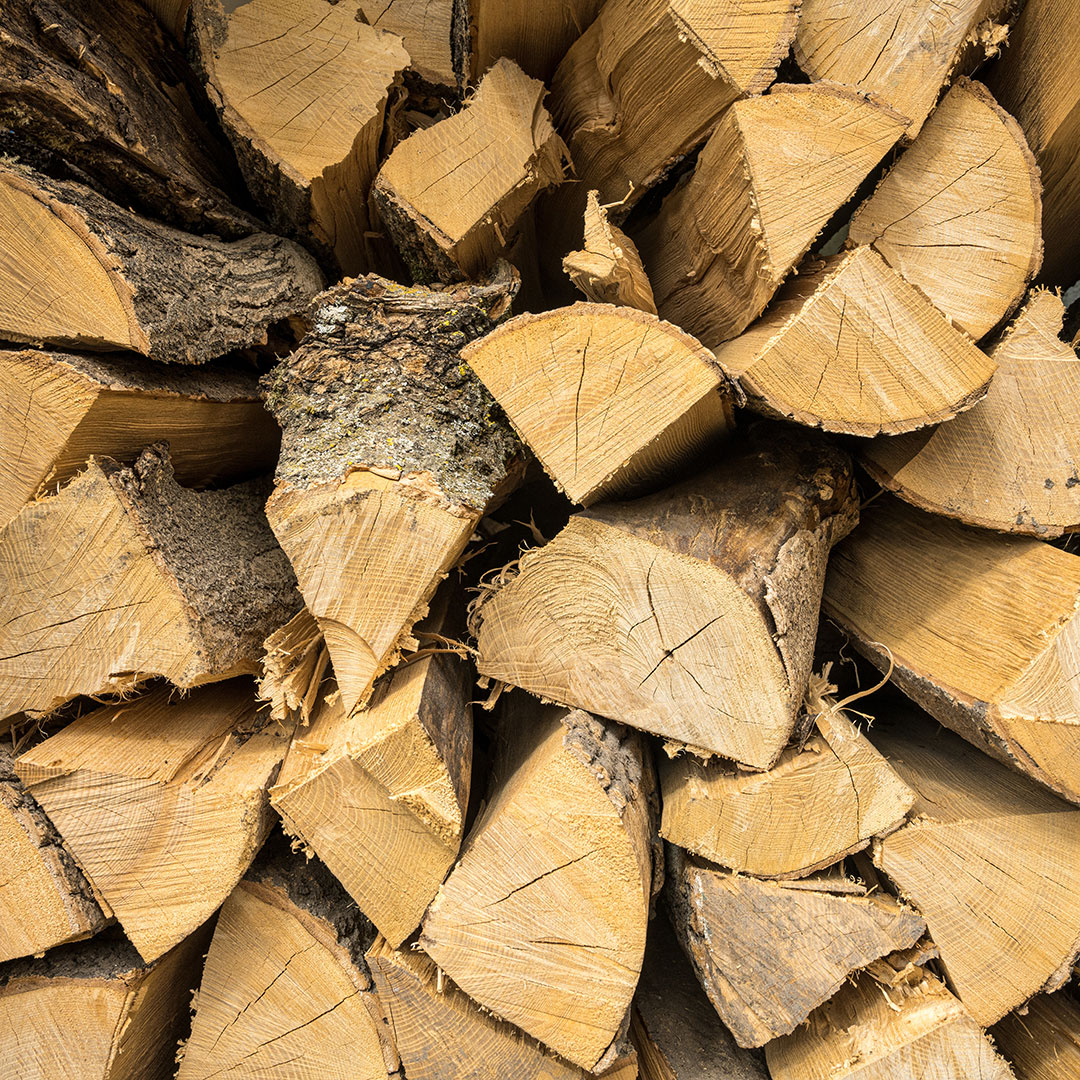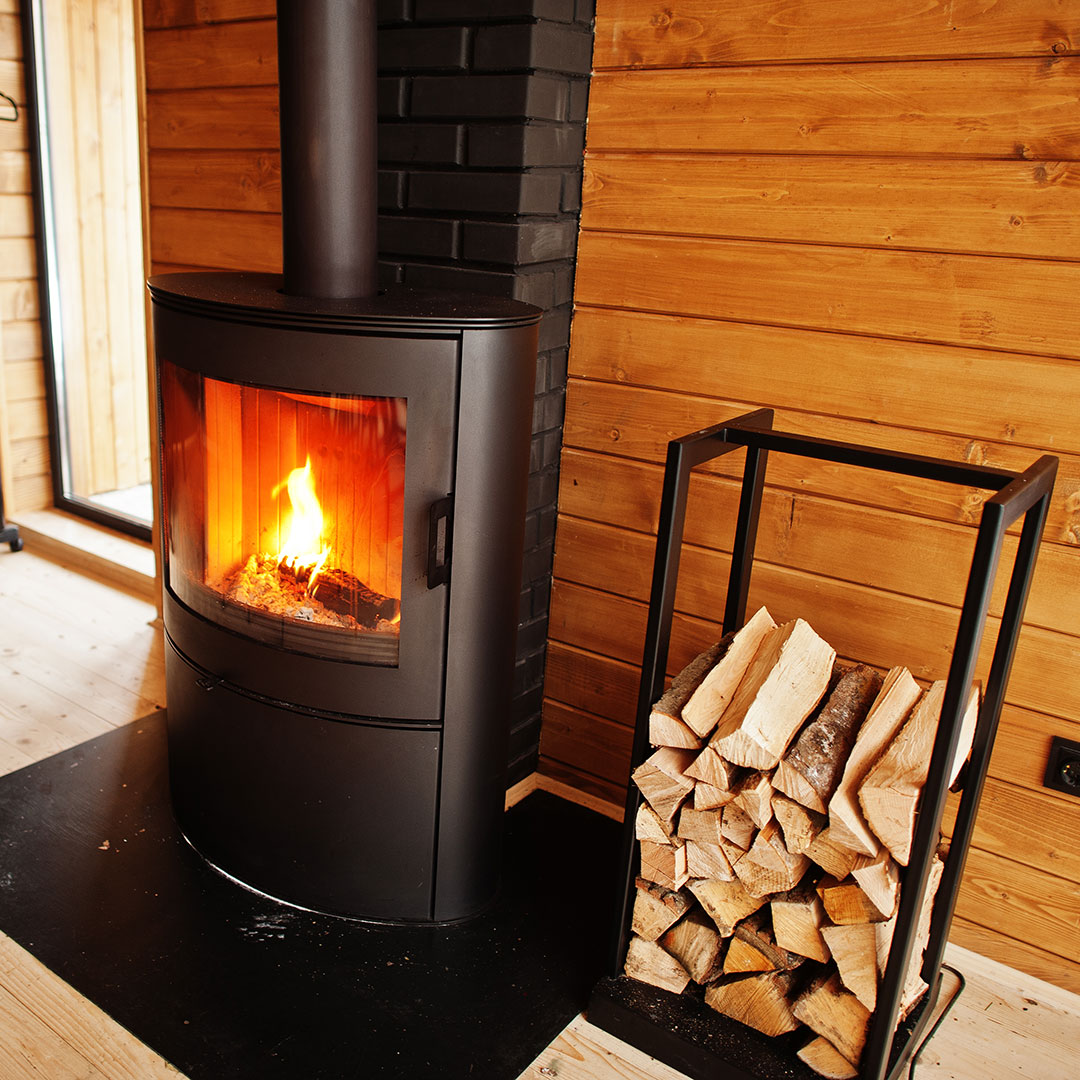Best and Worst Types of Wood For Your Fireplace
Did you know that not all firewood is the same? The way it burns, the chemical by-products, and the properties of the wood differ from one type to the next. These elements can contribute to how hot the fire burns, the smoke it emits, and even the level of maintenance required to maintain a safe fire environment.
While some types may be better than others, let’s look at some of the best and worst types of wood to burn in your fireplace.
 Best Firewood to Burn
Best Firewood to Burn
The most important consideration is if the wood is seasoned and completely dried. If the wood isn’t dried out, it’ll produce more smoke and won’t burn nearly as efficiently as it could. Some firewood consists of properties that make for a more pleasant, safe, and clean burning experience. Typically, the best options are those that are considered hardwoods. Unlike softwoods, hardwoods have dense grain which makes for fires with high heat, less smoke, and ultimately require less wood as it stays ignited for a long time.
Specifically, there are a few notable hardwoods that perform well as fireplace wood. These include Ash and Birch. It’s important to note that not all softwoods are bad as Douglas Fir is a viable softwood option.
Firewood’s to Avoid
Softwoods, in general, don’t make for a great option as they have low density and are typically high in moisture count. This makes for inopportune burning properties because it emits a lot of the by-product called Creosote. Creosote is highly flammable and can lead to the need for quicker maintenance than usual.
Typical softwoods are high in moisture and oils in some instances. This makes for a smoky burn which isn’t enjoyable and can lead to more debris than desired. Some of the worst softwoods to burn are poplar, eucalyptus, and willow.
It’s also advised to avoid mixing firewood types if possible as some may possess positive burn qualities while others may possess negative burn qualities.

Why does it really matter?
Ultimately, the largest benefit of choosing the right wood is to limit maintenance in between your suggested annual inspection and cleaning appointments. However, there are a few other benefits. If one of your intentions for your fire is to add an alternate heating source, it’s important to use the correct wood. While we talked about the benefit of hardwoods for less moisture which means less smoke, it also means it’s a hotter burn. Additionally, the correct firewood is easier to catch fire and longer lasting. This means less of a hassle, and more cost-efficient as it requires fewer logs.
Are you ready for a chimney cleaning?
Perhaps you were using softwoods and noticed more soot and by-products than usual. Or maybe you’re ready for your annual cleaning service. Regardless, Mercer has a team ready to assist you with any of your chimney needs. If you’re in the Hamilton, NJ, and Mercer County, give us a call today at 609-802-5288 or fill out our online contact form.


